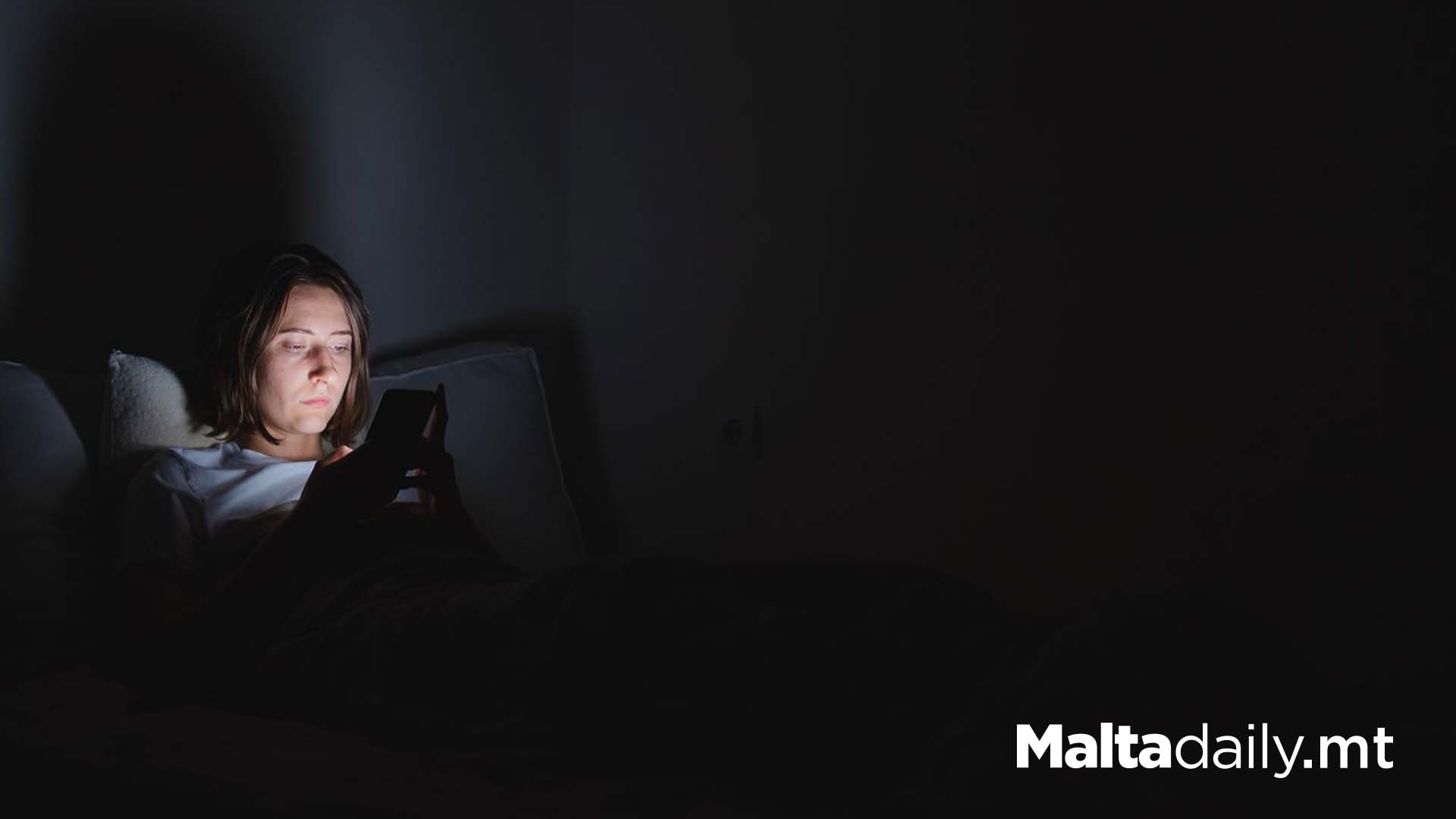People Who Sleep Late Likelier ‘To Die Young’

A recent study suggests that the longevity disparity between early birds and night owls may be more related to lifestyle choices during waking hours than to sleep patterns.
Finnish researchers analyzed data from over 20,000 participants who took a 1981 survey about their sleep habits. The findings, published in Chronobiology International, revealed that self-described night owls had a higher likelihood of premature death compared to morning individuals, even after adjusting for various factors.
The mortality risk for evening types increased by 21%, and for those “somewhat” evening people, it rose by 9%. However, this elevated risk diminished after accounting for smoking and drinking habits, indicating that the link between night owls and early death is largely influenced by these lifestyle factors.
The study challenges previous beliefs that insufficient sleep alone contributes to the heightened mortality risk among night owls.
Jennifer Martin, a professor of medicine at UCLA, emphasised the significance of lifestyle choices, suggesting that being a night owl doesn’t inherently lead to unhealthy behaviours. The study did not delve into why night owls are more prone to smoking and drinking, but Martin proposed that late-night establishments offering such activities might play a role.
While previous research has associated staying up late with cardiovascular and mood disorders, more studies are needed to unravel the intricate relationship between sleep patterns, circadian rhythms, and overall health consequences. The findings underscore the importance of considering lifestyle choices beyond sleep duration when exploring the impact on longevity.
#MaltaDaily


